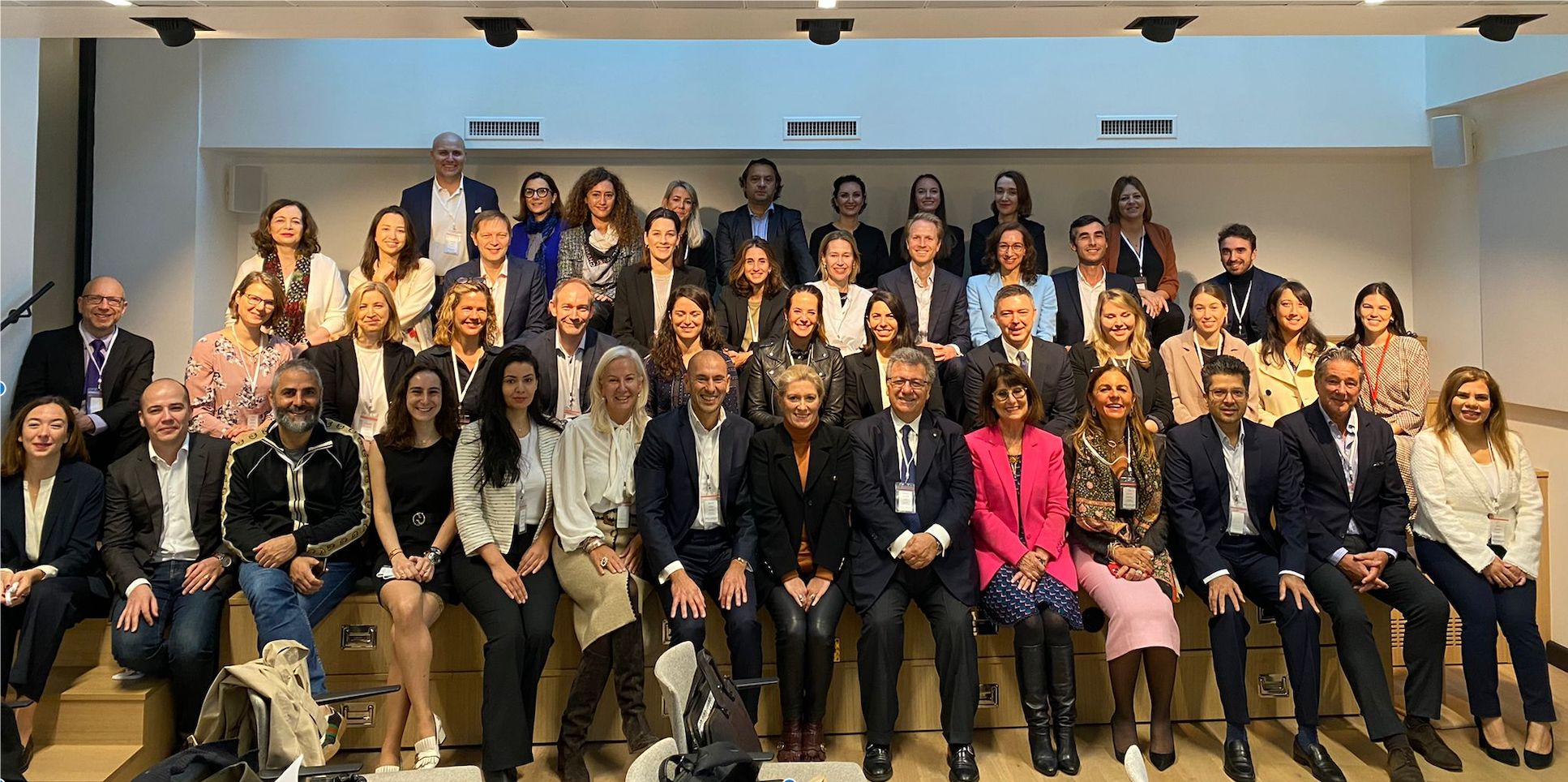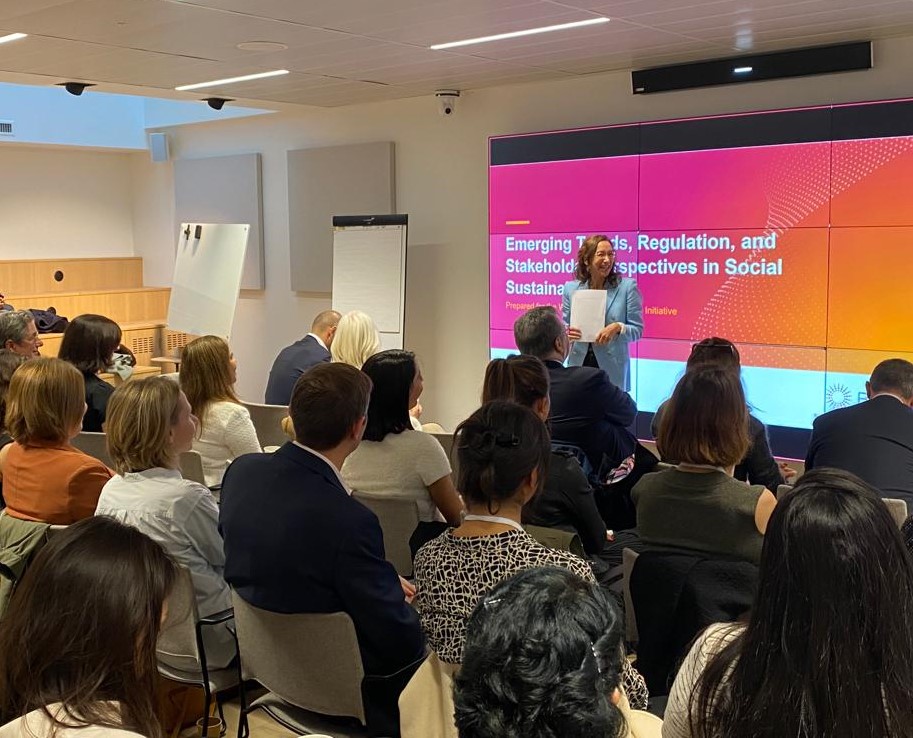INTRODUCTION
The watch and jewellery sector comprises a wide range of businesses and activities, from manufacturing, including raw material production and processing, retailing, and distribution, to marketing and advertising. While each of these different business activities will have its own human rights profile and challenges, the sector as a whole faces a rapidly evolving regulatory landscape and increased stakeholder pressure to respect and promote human rights throughout the value chain.
The following update provides an overview of important resources for watch and jewellery companies to stay abreast of developments in the business and human rights field.
REPORTS, GUIDANCE, AND INDICES
RMI publishes report on supply chain sustainability in the mining sector (link)
The report examines the growth in mining and mineral processing as decarbonization significantly increases the need for critical minerals. The report illustrates how industry can differentiate between responsibly produced minerals and their counterparts and maps out a path forward, minimizing “nonfungible” damages that cannot be offset, such as child labor. Specifically, recommendations include deploying and strengthening product-level standards to drive commodity differentiation; deploy tracking technology to enable traceability; aggregate demand with buyers’ alliances; mobilize investors with investors’ coalitions; and tighten regulations and leverage public procurement.
Human Rights Watch publishes report on social audits (link)
The report, titled “Why social audits can’t fix labor rights abuses in global supply chains”, is based on insights from numerous auditors, industry experts, workers, and social audit reports, and notes that social audits and related supplier certifications have proliferated in recent decades, but are an inadequate tool to ensure respect for human rights and environmental standards. Some of the issues highlighted in the report are the pressure to drive down audit costs which lead to a lower quality, efforts to hide irregularities during audits, and the fact that social audits cannot substitute remediation.
Business and Human Rights Resource Centre (BHRRC) and Indigenous Peoples Rights International (IPRI) publish briefing on the rights of Indigenous peoples (IP) (link)
The briefing demonstrates the outsized role played by indigenous peoples in the protection of climate, land, and environment, which comes with disproportionate risks, noting that 95% of the attacks against Indigenous HRDs between January 2015 and August 2022 were against climate, land, and environmental rights defenders. The briefing includes deep dives on selected topic and industries including biofuels, transition minerals mining, and conservation projects, and discusses recent legal decisions related to indigenous peoples’ rights. It includes recommendations for States, the Board of the Green Climate Fund, companies, and investors.
SOMO publishes paper on supply chain transparency in the leatherwear industry (link)
The paper analyzes the current state of supply chain transparency through an investigation on 100 international buyers in the luxury goods and footwear segments of the garment industry, as well as online retailers. Key findings include the low percentage (less than one-third) of buyers that publish a supplier list, a lack of public information, and weak guidance provided by industry initiatives and certification schemes.









